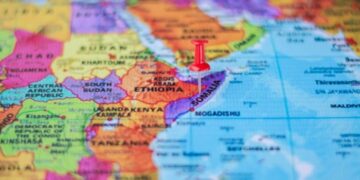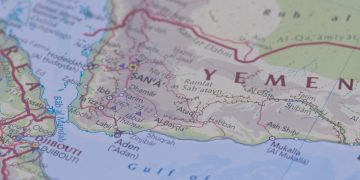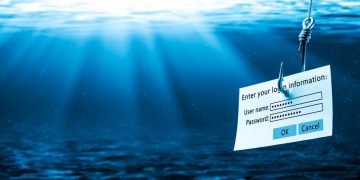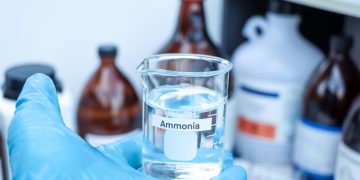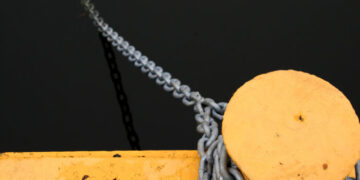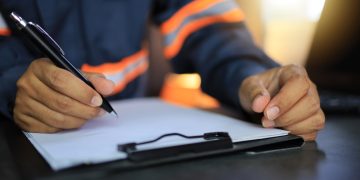Port of Long Beach improves air quality
The Port of Long Beach announced that has surpassed every air pollution reduction milestone set for 2014 by the landmark San Pedro Bay Ports Clean Air Action Plan, according to an analysis released.An annual, comprehensive inventory of port-related air pollution emissions in 2014 found the Port’s efforts to reduce pollution have cut diesel particulates by 85 percent since 2005, surpassing the CAAP goal for 2014 of a 72 percent reduction. In addition to the drop in diesel emissions, smog-forming nitrogen oxides and sulfur oxides have dropped 50 percent and 97 percent respectively. The corresponding goals for the year are 22 percent and 93 percent.The reasons for the air quality improvements include the Clean Trucks Program, low-sulfur fuel regulations for ships, increased use of shore power for cargo ships and the Port’s Green Flag Vessel Speed Reduction Program.“The Port of Long Beach remains the greenest Port in the world, reducing emissions while increasing economic activity,” Long Beach Mayor Robert Garcia said.“The Port’s consistent commitment to sustainability and our environment should be celebrated.”“When the Clean Air Action Plan was adopted almost 10 years ago, the Port made a promise to the community to reduce air pollution and to be a better neighbor,” said ...
Read more



